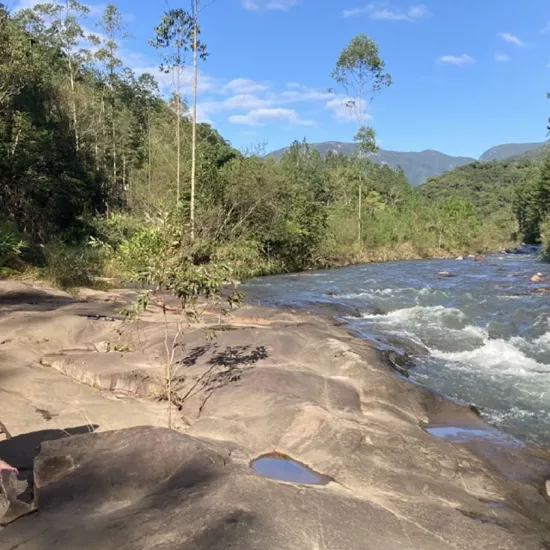UTM professor investigates MMIW through their stories

Jerry Flores opens each of his interviews with a broad request: “Tell us your life story.”
The assistant professor of sociology at U of T Mississauga has been working closely with local organizations to gather stories from Indigenous women, asking them why they left home and what challenges they face in the city.
His aim is to tackle what he refers to as a “black eye” for Canada: missing and murdered Indigenous women and men.
Flores, who was born and raised in Los Angeles, is of Mexican descent with Indigenous grandparents. He has found the stories of Indigenous women in Canada are eerily similar to those of young, incarcerated Latina women he previously spent three years talking with before publishing his first book.
The young Mexican women in Los Angeles, many of whom were of Indigenous descent, would often experience abuse in the home or start to fight with their family, they would run away, end up on the street and start engaging in high-risk behaviour or abusive relationships, Flores explains.
“In the US in general, they end up in the criminal justice system. Here they end up murdered or missing,” Flores says.
The journey toward undertaking this high-profile project hasn’t been easy for Flores, who freely admits to having taken some missteps along the way by asking the wrong questions and initially taking an incorrect approach to his research.
“I was making these assumptions and basically showing up to communities that were marginalized for a very long time and as a person of colour, as an Indigenous person myself, it didn’t matter because I was trying to push forth my agenda, blinded by my newly found privilege here,” Flores says. “What I needed to do was stand back and ask what does the community need.”
Flores was prepared to relegate himself to archival work, but after a nudge from a friend and professor in California who encouraged him to keep trying, Flores reached out to Aboriginal Legal Services and was subsequently put in touch with the organization No More Silence. The group was working on a documentary film about the two-spirited community in Toronto and Flores asked how he could help.
What they needed was funding, which Flores could access. He applied for five grants and was denied by all except the Connaught New Researcher Award. That funding helped pay for the creation of the documentary, he says, and through that work he was introduced to people who would speak to him.
Flores has been conducting in-depth interviews to better understand the experiences of Indigenous women and men. He says regardless of whether those he speaks with are middle class, working class or upper class, they all know someone who has gone missing.
This isn’t something new, Flores says, noting Indigenous mothers, aunts, sisters and two-spirited people have been saying for a long time that Indigenous women are disappearing.
The Canadian government admits it doesn’t know how many Indigenous women have been murdered or have gone missing, Flores continues. “It’s scary, it’s extremely disappointing, and that’s soft language.”
Flores will continue to do fieldwork and conduct interviews over the next year while he works on a draft for a book outline.



